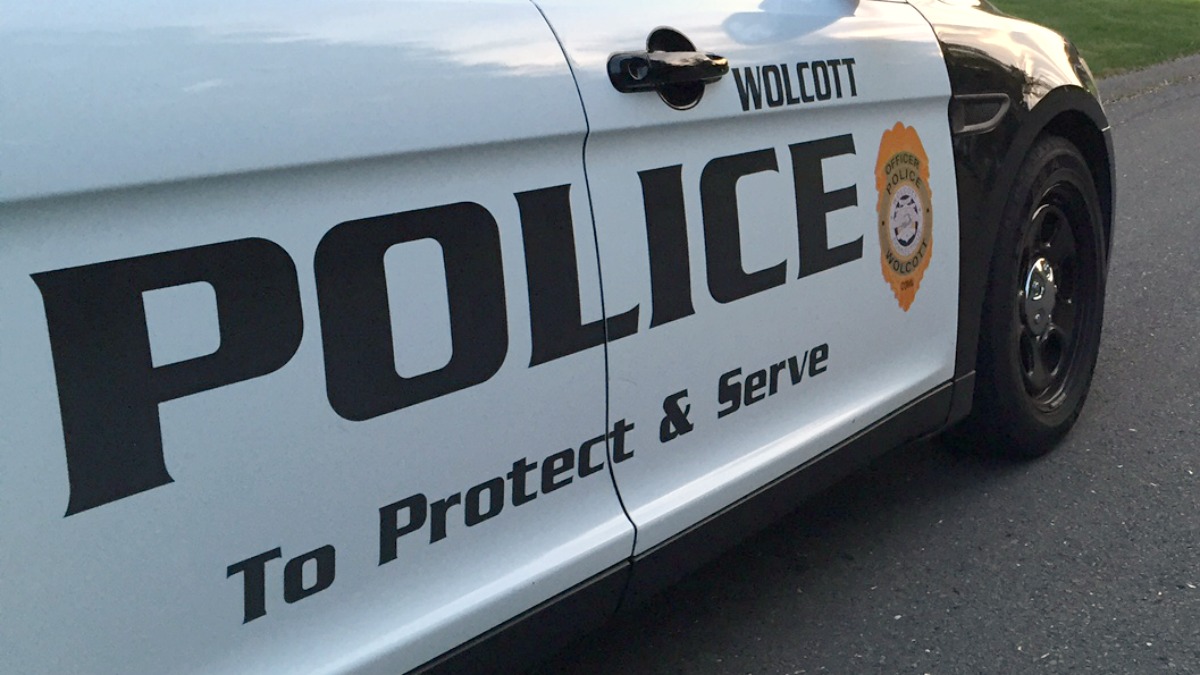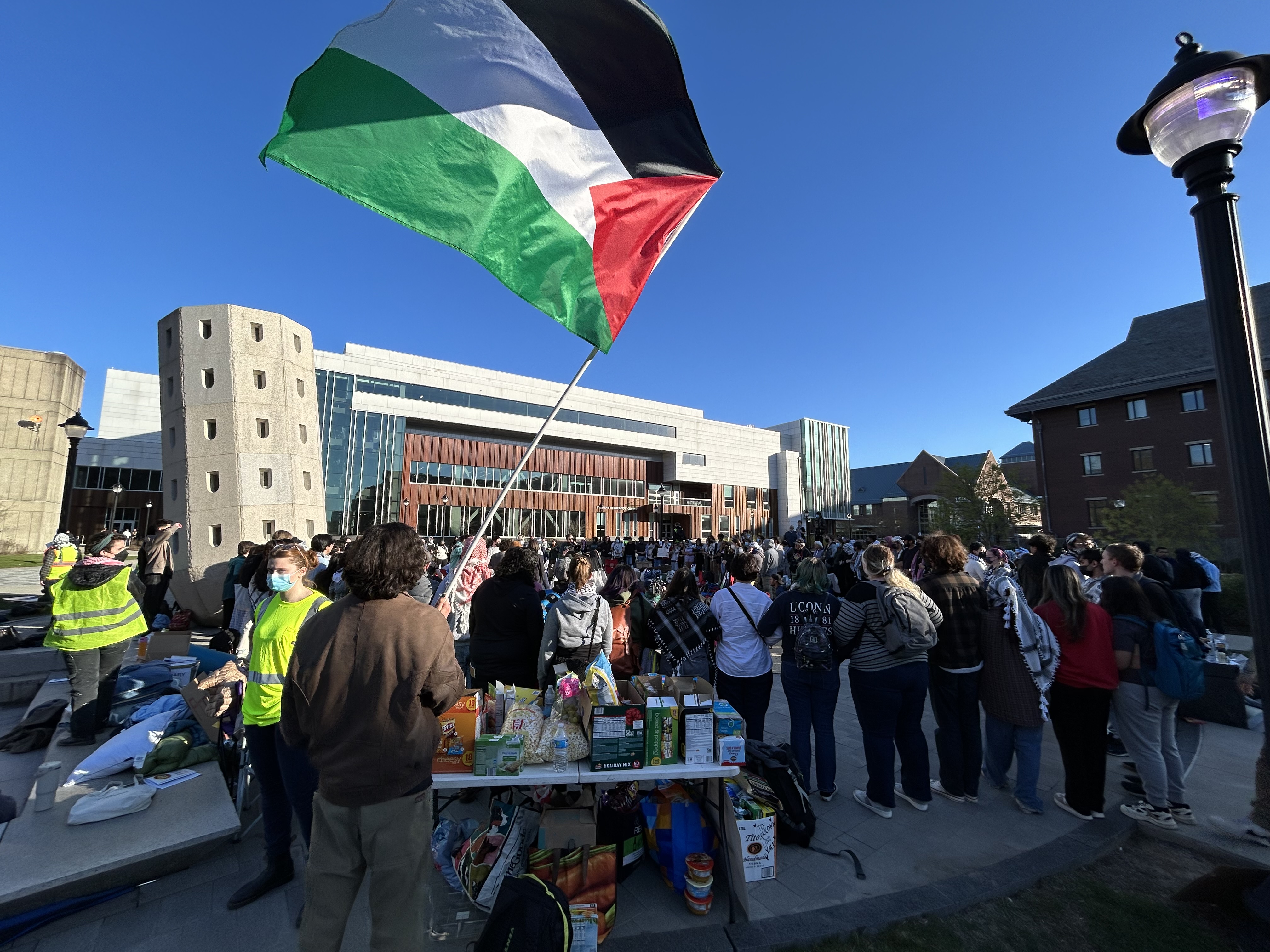Streaming in between 8:30 a.m. and noon, two steady lines of traffic flowed through the parking lot of Rentschler Field Thursday. People were receiving boxes of food at the emergency food distribution center.
Food insecurity in Connecticut continues to be a concern. According to the Connecticut Food Bank and Foodshare, they are still seeing thousands more people than they were pre-pandemic.
Looking at the line of cars at Rentschler, Michelle Williams has one thought.
“That there are a lot of people in need,” said Williams, who was among those picking up food in East Hartford.
Joining Williams was her friend, Doris Phinn.
“Truthfully it hurts. Because right now we’re all suffering,” she said.
The Rentschler Field food distribution center was set up as an emergency operation. Organizers say they thought it would only be open for a few weeks. But since March, much has happened.
Local
“We’ve served 220,000 cars and distributed over seven and a half million pounds of food in the nine months we’ve been here at Rentschler Field, said Foodshare logistics manager Dom Piccini.
According to organizers, volunteers have donated over 16,000 hours of time at Rentschler. Operating costs are around $50,000 a month to buy food. This is subsidized by monetary donations to Foodshare.
The drive-thru has helped people like Beth Rosenstein, a bartender who has been out of work since March.
“If it happens to get to a point where this kind of thing isn’t available, then we’re really going to be in trouble,” said Rosenstein.
Piccini estimates 70% of those who have come through Rentschler are people dealing with food insecurity for the first time, people he says who should not be ashamed.
“There’s no judgment, come down and let us help you,” said Piccini. “That’s what we’re here for.”
Rentschler isn’t the only place where lines have been long. That’s been the case at most Connecticut food banks, including Middletown’s, St. Vincent de Paul, Amazing Grace Food Pantry.
“We went from about 7,000 pounds of groceries out of this building a week to 14,000 pounds, including doing home delivery,” said Peter Keast, director of Community Relations and Development for St. Vincent de Paul in Middletown.
Among those taking food home this week was Renenra Davis. She said her teenage granddaughters’ need for internet for remote learning has left a limited budget for food.
“Paying rent and cable bill and electricity, it kind of cut me short with the groceries,” said Davis.
Davis and others are relying on the generosity of people like Kirby Prigioni, who donated a bag of groceries she bought specifically for the pantry.
“I just wanted to pay it forward and help other people out,” said Prigioni.
Food donations though aren’t enough to meet the demand. Pantries are buying more food to keep up. Amazing Grace said it has spent five times the amount as last year, and like the Connecticut Food Bank, is encouraging people to make monetary donations if they want to help.
“When we all support each other the world is a better place. Even in tough times,” added Keast.
The Connecticut Food Bank said it is asking for monetary donations is because of its buying power. They say they can purchase enough food with one dollar to provide two meals.
People seeking help with food can dial 2-1-1 for a confidential referral to the nearest food bank.



